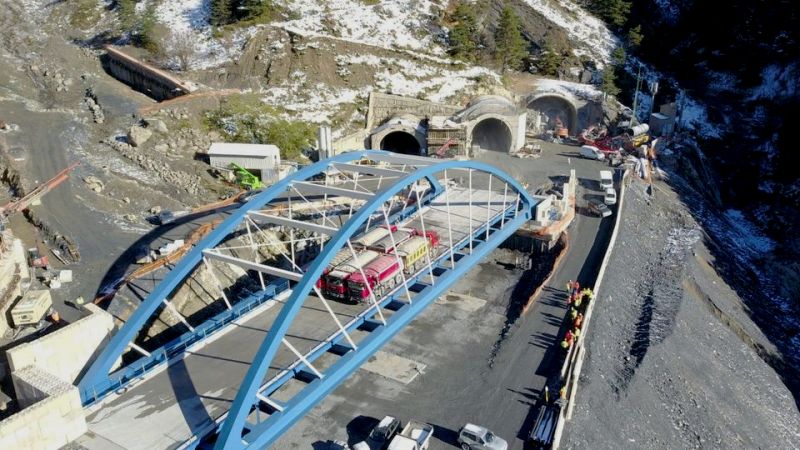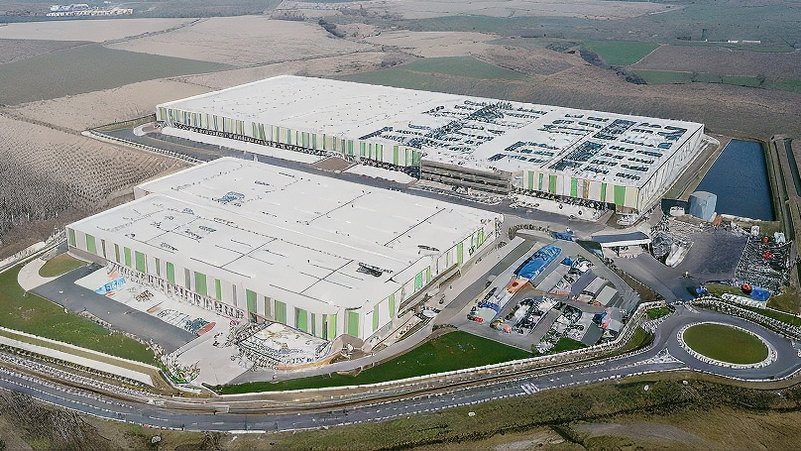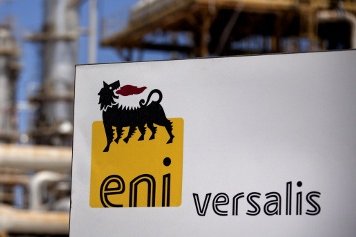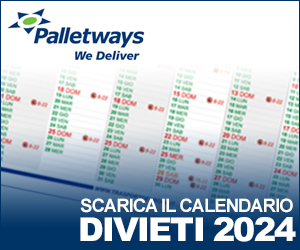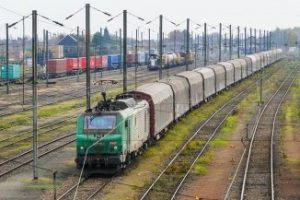The market for industrial vehicles in Italy faced a sharp deceleration in the summer of 2024. According to data from Unrae's Research and Statistics Center, based on vehicle registrations from the Ministry of Transport, July saw a 6.9% decline compared to the same month in 2023, with 2,595 vehicles registered, down from 2,788 the previous year. However, August revealed a much deeper crisis, with a staggering 45.4% drop, from 2,512 vehicles registered in 2023 to just 1,372 in 2024.
A breakdown by weight categories shows a contraction across almost all segments. The lighter vehicles, weighing between 3.51 and 6 tons, bucked the trend in July, recording an 81.6% increase with 89 units registered compared to 49 in 2023. However, in August, even this segment saw a decline, dropping by 6.4%.
As for heavy vehicles, those weighing over 16 tons, July experienced a 9.5% decrease, with 2,171 vehicles registered, compared to 2,400 in the same month in 2023. In August, the situation worsened considerably, with a 46.1% drop, from 2,169 vehicles registered to only 1,170. Medium-light vehicles, weighing between 6.01 and 15.99 tons, saw a slight 1.2% contraction in July, but in August, they experienced the sharpest decline, plunging by 46.6%, from 296 to 158 vehicles.
Despite these negative signals, the overall balance for the first eight months of 2024 shows a slight increase of 1.9% in registrations, with a total of 20,806 vehicles registered. However, Paolo Starace, President of the Industrial Vehicles Section of Unrae, expressed deep concern about the market's trajectory: "The latest data paints a clear picture: the slowdown in July and the collapse in August, particularly for heavy vehicles, have eroded much of the growth seen in the first half of the year. These signals, which were widely anticipated, suggest that the negative trend will continue in the coming months."
Starace also pointed out that diesel continues to dominate the market, with a 98.3% share in the heavy vehicle segment, supported by incentives such as the Sabatini green, which favors biodiesel- and HVO-powered vehicles. However, alternative technologies are struggling to gain ground, with electric vehicles holding only 0.1% of the market, and LNG unable to make a significant impact.
The Unrae president emphasized the need for government intervention to ensure stability in the sector and to plan a secure future for road transport. He specifically addressed the issue of biodiesel, which is not included in the Vecto calculation, the tool used to measure manufacturers' decarbonization efforts, and the financial challenges in supporting investments in alternative technologies.
“A government intervention is therefore necessary to ensure stability and outline a clear future for the road transport sector,” Starace stated, adding that it would be desirable to initiate roundtable discussions with the relevant ministries to define long-term strategies to present at the European level. Among the priorities highlighted by Starace are a revision of the CO2 footprint calculation method for biodiesel use and the adoption of measures consistent with European objectives, to be applied uniformly across all member states to prevent competitive distortions.



